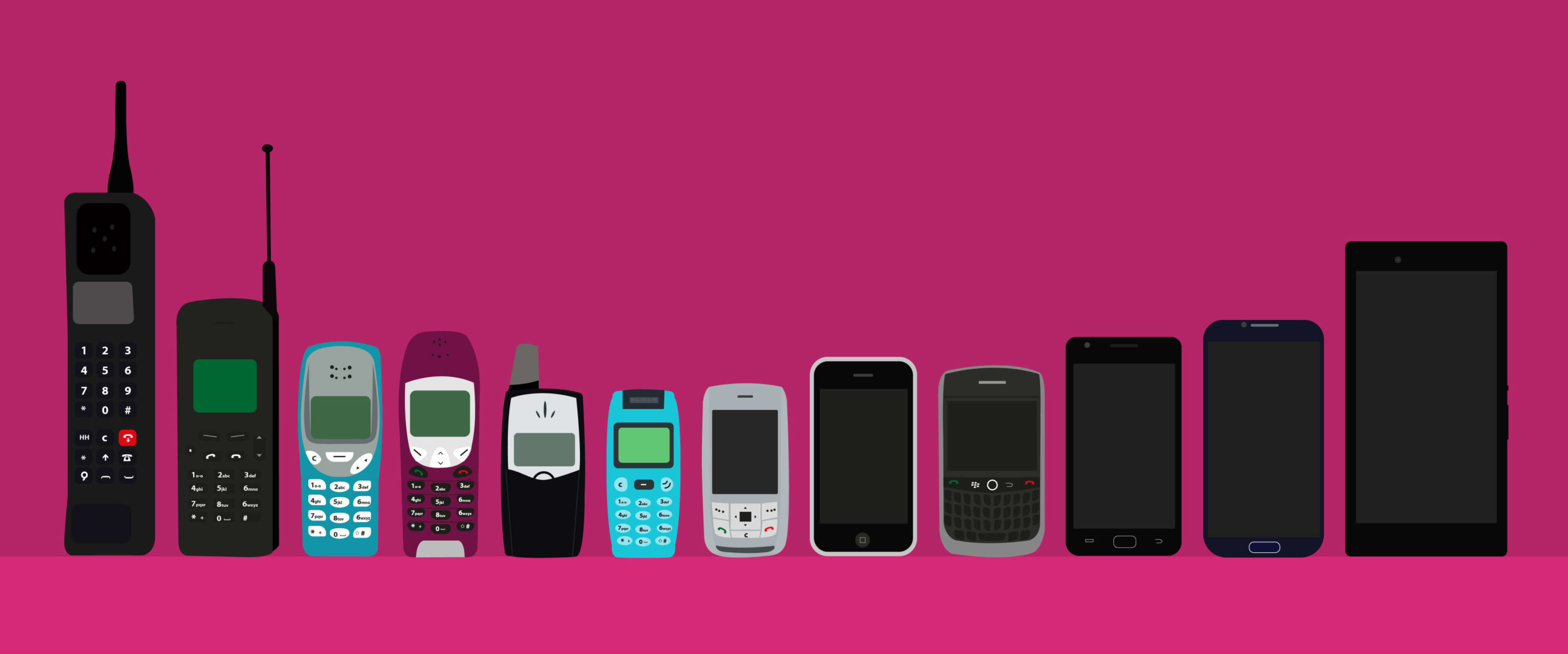The Evolution of Communications
In the early-1980s, I signed the Official Secrets Act and was shown into a room with a dozen middle-aged men and a secretary. My job was no more than a gopher but it gave me my first insight into how communication was about to change. For months we would secretly test the new cordless telephones, and I would take taxis back and forth to the laboratory to deliver blueprints and collect prototypes (too secret to be delivered by London taxi). In the end, the UK lost out to the US in the telecoms race and British Telecom quickly became the first true global privatisation under Margaret Thatcher, sparking a wave of government asset sell-offs whose legacy continues today.
Sadly I failed to capitalize on my experiences and become a cellphone billionaire, but I did stay in the field of communications albeit not telephony. And while the changes that have taken place in the past three or four decades are incredibly exciting, I can’t help but be disappointed with actually how much further there is to go. This is not a blog lamenting the passage of true conversation, prose or newsprint; quite the opposite.
Why is it that a generation or two after my one and only government job, we still can’t deliver crystal-clear phone calls? I could have a clearer conversation on my old house phone in the 1970s than I can now with my cellphone. Why is it that video-conferencing always seems to be fraught with issues, even today? And how can even some of the most sophisticated set-ups in the market fail so often to deliver acceptable dialogue or simply crash? I can sit at home watching laser-sharp videos on Netflix, in super-HD, but have to wander around my house to get even a half-decent signal for a phone call.
The lingering telephony lag is just a symptom of the world we live in, where the quality of communication has taken second place to quantity (you can, of course, extend this argument). Communication today seems to be largely focused on how many clicks or views you get, rather than the quality of what someone is saying and the impact that it has on the people that matter.
In the B2B world, it’s very few people that often dictate whether your business will survive or thrive. Influencing these decision-makers is not easy, as de facto, they are experienced and knowledgeable. They are more likely to be won over by credible, trusted solutions, established relationships and reputations that endure. Even in today’s ‘disposable society’, the essential values of building your brand remain as true today as they were decades ago.
That’s the irony. Reputations count for more than they ever so, but many businesses spend less time focusing on how they are positioned than they should because they are caught up in the frantic desire for instant results. And make no mistake, reputation is more than just doing a good job. As specialists in financial technology and financial services communications, we obviously work with many clients looking to raise money. This is often where the reputational ‘rubber hits the road’, where the importance of smart communication can make the difference between corporate life or death.
Someone once told me, if something wasn’t going to worry you in six months’ time, it wasn’t worth worrying about today. Reputation doesn’t fall into that category. The success or failure of a business is ultimately down to how potential users view the credibility of your brand. You don’t need to take my word for that.
Want to enhance your reputation? Contact us.




Leave a comment:
You must be logged in to post a comment.